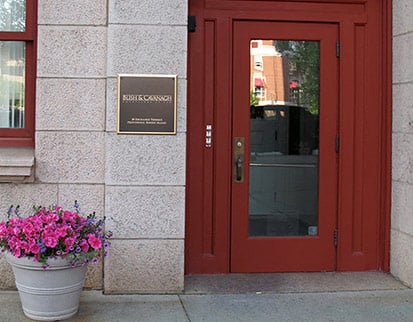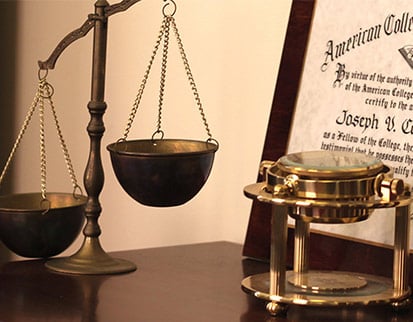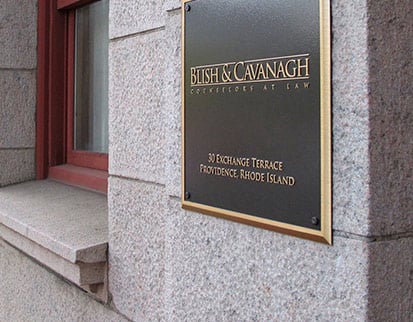You’d really like to expand your operations or explore a collaborative project with another company, but you’re concerned about the potential misuse of your proprietary information.
This is where a mutual non-disclosure agreement can benefit you – and your potential collaborator. NDAs can help establish a basis for trust that facilitates open and honest communication between both parties.
What makes non-disclosure agreements effective?
When it comes to non-disclosure agreements, the maxim “an ounce of prevention is worth a pound of cure” always holds true. You want your agreements to be carefully drafted if you expect them to hold up in court if there’s a dispute down the line.
All mutual confidentiality agreements need to pay specific attention to the following:
- The parties involved: You want to make sure that you clearly define all parties to the agreement in a way that makes it perfectly clear that no additional parties can be “looped in” without an additional agreement.
- A definition of what is considered confidential: Never assume that this is understood. You may also want to carve out exclusions for information that the other party already possessed or anything that’s already public knowledge.
- The purpose of the disclosure: You want to clearly and narrowly define how the party on the receiving end of the proprietary information can use what they learn. That keeps either side from acting on the information to their exclusive interest.
- Safeguards and returns: You want to specify each party’s obligation to exercise reasonable (or even extraordinary) care to keep the exclusive information from being disclosed to third parties. You also want a clause that requires the other party to return documents, data and other proprietary information upon demand.
- Time limits: In today’s fast-moving business world, a confidentiality agreement can be limited in time to a year or two – or they can be virtually unlimited. The expiration date on your NDA has to make sense for the situation.
Non-disclosure agreements have gotten a bit of a bad rap over the last few years, but they’re really quite useful, especially if you’re looking for a sense of security before you let another company know about your most precious assets, ideas or plans. A well-written NDA can help your business thrive.








